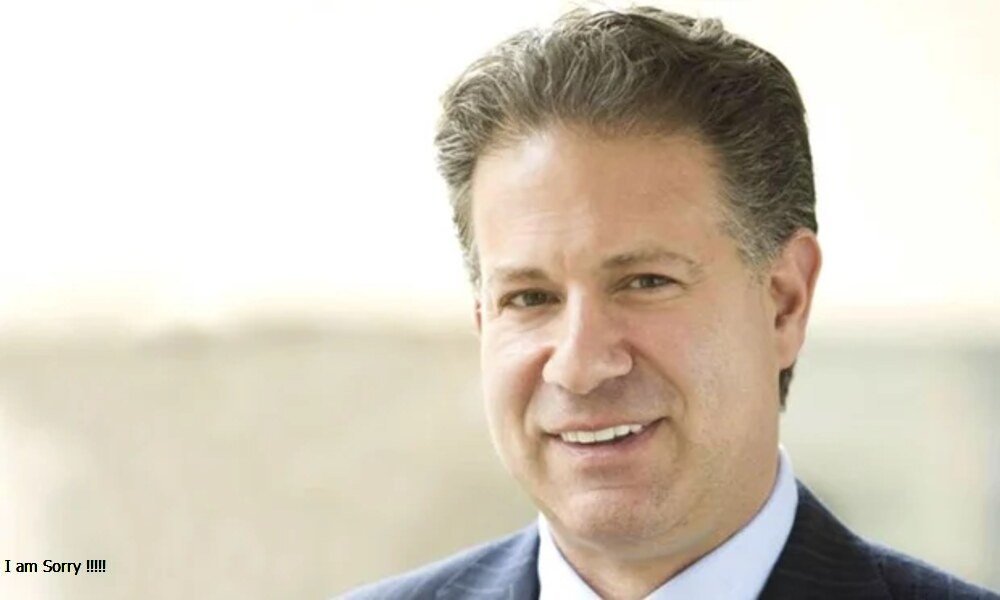Introduction to the Hingham High School AI Controversy
The Hingham High School AI lawsuit has sparked national attention and stirred debate about the role of artificial intelligence in education. A Massachusetts high school student penalized for allegedly using AI to complete a history assignment is at the center of the case. What seemed like a routine disciplinary action quickly escalated into a legal battle between the student’s parents and the Hingham Public Schools district.
This case is significant not just because of the legal issues it raises but also because it reflects the challenges schools across the country face as artificial intelligence becomes more accessible to students. With tools like ChatGPT and other generative AI platforms readily available, the educational landscape is shifting, and schools are struggling to keep up. The Hingham High School AI lawsuit offers a powerful example of what can happen when educational institutions fail to define the boundaries of acceptable AI use clearly.
What Triggered the Lawsuit?
The controversy began when a student at Hingham High School submitted a history project that his teacher suspected was written using an AI tool. Despite the student’s insistence that he complete the work, the school accused him of academic dishonesty and imposed disciplinary measures. The student and his family argue that the school provided no concrete evidence of AI involvement and failed to offer due process.
According to the lawsuit, the parents claim the school relied on AI detection software that is notoriously unreliable and prone to false positives. More importantly, they argue that the school had no official policy regarding using AI tools at the time of the incident. As a result, the student was being punished under vague guidelines, which his parents claim violates his rights.
Role of Artificial Intelligence in the Incident
At the heart of the Hingham High School AI lawsuit lies the question: what role did AI play in the student’s assignment? While the school claims that AI was used to generate or heavily assist the content, no definitive proof was presented. The only indication came from AI detection tools, which many experts say should not be used as the sole basis for academic discipline.
AI tools like ChatGPT can generate high-quality text with minimal input, and students increasingly use them to brainstorm, draft, and edit assignments. However, without clear guidelines, schools face an uphill battle determining when AI use crosses the line into academic misconduct. The Hingham High School case illustrates the need for better awareness and more precise policies around educational AI usage.
Parents’ Legal Action Against Hingham Public Schools
The student’s parents filed a federal lawsuit against the Hingham school district, arguing that their son was unfairly punished without a transparent investigation or the ability to appeal. Their claims include violations of due process and a lack of clear policies regarding using AI tools. They also highlight that the school’s disciplinary action could have long-term consequences for their son’s academic record and college applications.
The lawsuit asserts that students should not be punished based on speculative evidence from flawed detection systems. Instead, schools should adopt fair procedures that allow students to explain their work and defend themselves. The family’s legal team has emphasized that this case is not just about one student—it’s about setting a precedent for how schools handle emerging technologies.
School District’s Defense and Legal Standpoint
On the other hand, Hingham Public Schools has stood by its decision, claiming that the disciplinary action was consistent with its commitment to academic integrity. The district has argued that educators have the right to assess the authenticity of student work and take action when they suspect misconduct.
However, critics point out that the school’s defense falls short due to its lack of a written AI policy. Without specific rules or guidelines, it’s challenging to justify disciplinary measures. As AI becomes more integrated into everyday learning, relying on outdated academic integrity policies may no longer suffice.
Court Proceedings and Major Developments
As the lawsuit has progressed through federal court, it has drawn widespread media coverage and legal scrutiny. While no final ruling has been issued at the time of this writing, early proceedings suggest that the court is taking the claims seriously. The case could set a powerful legal precedent for how student rights are balanced with school authority in the era of artificial intelligence.
In a preliminary hearing, the judge emphasized the importance of procedural fairness and raised questions about the reliability of AI detection tools. Legal analysts are closely watching the case, as its outcome could influence how educational institutions across the country approach AI-related issues.
Broader Educational Implications of the Case
The Hingham High School AI lawsuit has implications far beyond a single classroom. It underscores a critical need for school districts to develop clear, enforceable policies regarding the use of AI tools in education. As generative AI becomes more powerful and accessible, the risk of misuse and misjudgment grows.
This case also highlights the growing tension between technological innovation and traditional educational norms. Should AI be embraced as a learning aid or restricted to prevent dishonesty? Schools must find a balanced approach that fosters innovation while preserving academic standards.
Expert Opinions and Public Reactions
The educational community is divided on the issue. Some experts believe AI tools should be banned entirely in classroom settings, while others argue that these tools are the future of education and must be integrated responsibly. Legal experts, meanwhile, are concerned about the precedent set by relying on flawed AI detectors to discipline students.
Parents and students alike have voiced concerns about the lack of clarity in school policies. Many feel that punishing students without solid evidence undermines trust in the educational system. On social media and in public forums, the consensus is clear: schools need to do better when it comes to navigating the complex world of educational AI.
What Schools Can Learn from the Hingham Case
Schools can learn several key lessons from the Hingham High School AI lawsuit. First, they must establish transparent policies that clearly define acceptable AI use. Second, they should train students and teachers on using AI tools ethically and effectively.
Third, schools must avoid relying solely on detection software and instead develop more holistic methods for assessing student work. Finally, schools must create fair and consistent disciplinary processes that allow students to respond to accusations and defend their integrity.
Conclusion: The Future of AI and Student Rights
The Hingham High School AI lawsuit is more than just a legal battle—it’s a pivotal moment in the evolution of education as artificial intelligence continues to reshape how students learn and complete assignments, schools must rise to the challenge of creating fair, ethical, and transparent frameworks for its use.
At its core, this case is about more than just technology. It’s about trust, fairness, and the rights of students in a rapidly changing digital world. Whether the court rules in favor of the student or the school, one thing is sure: the educational system must evolve to meet the demands of the AI era.
Do Read: Roundup Lawsuit 2025 – Latest Updates, Legal Battles & Consumer Rights















